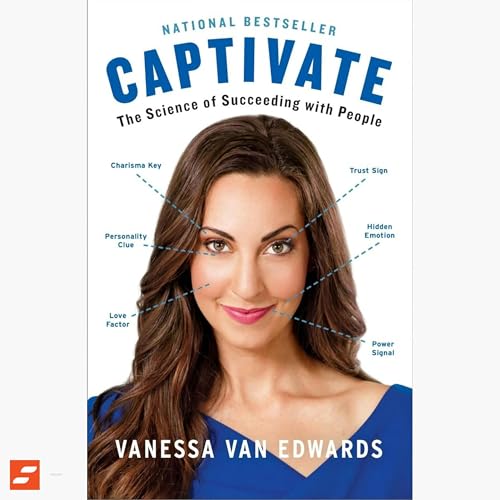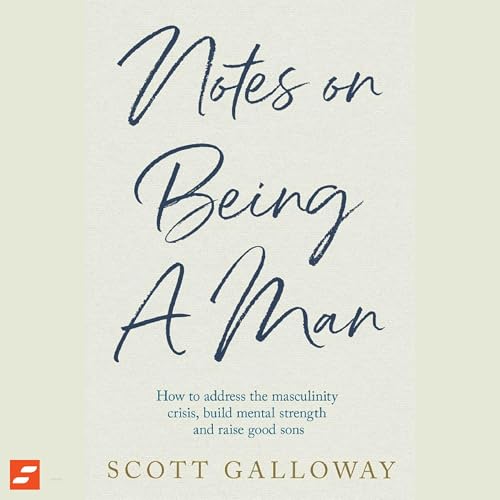Show notes / Extended Ad-free Audiobook, PDF & Infographic / Free Audiobook / The Almanack of Naval Ravikant compiles the entrepreneur’s profound wisdom on wealth, happiness, and life—could this be the guide to unlocking your own path to success and fulfillment? 🌟 Learn on your terms. Get the PDF, infographic, full ad-free audiobook and animated version of this summary and a lot more exclusive content on the top-rated StoryShots app: https://www.getstoryshots.com Help us grow to create more amazing content for you! ⭐️⭐️⭐️⭐️⭐️ Don't forget to subscribe, rate and review the StoryShots podcast now. What should our next book be? Suggest and vote it up on the StoryShots app. Get the full audiobook for free on Amazon: https://geni.us/kalam-free-audiobook Life gets busy. Has The Almanack of Naval Ravikant been gathering dust on your bookshelf? Instead, pick up the key ideas now. We’re scratching the surface here. If you don’t already have the book, get the audiobook for free using the link in the description or the app to learn the juicy details. StoryShots Summary and Analysis of The Almanack of Naval Ravikant: A Guide to Wealth and Happiness, by Eric Jorgenson, with a foreword by Tim Ferriss Introduction Naval Ravikant is an Indian American serial entrepreneur, investor, and former CEO of AngelList. AngelList is a website designed to pair investors with startups. He has also invested early, in companies like Uber, Twitter, and Postmates. As a result, Naval has gained a wealth of experience. He frequently advises on wealth, happiness, and life. This advice has been shared across a range of tweets, interviews, and essays. Author Eric Jorgenson curated this advice into The Almanack of Naval Ravikant. Eric broke the book into two main sections: wealth and happiness. Each section’s chapters contain various tweets, comments, and statements from Naval. Eric edited the words to flow well, but he has tried to share the ideas as unchanged as possible. You don’t have to read the book from beginning to end. Instead, you can flip to specific chapters to examine that particular topic. Eric Jorgenson's Perspective Eric Jorgenson is a writer, podcaster, investor, and product strategist. He’s blogged and created online courses for several years. He writes and podcasts about personal leverage, building wealth, and good living, on ejorgenson.com these days. Eric felt inspired to write The Almanack of Naval Ravikant because of the insights he gained from Naval. He decided to collect Naval’s ideas and pass them on to others in a more accessible and organized way. StoryShot#1: The Creation of Wealth According to Naval, wealth is not money. Money is the tool used to transfer wealth. Instead, wealth is things that can earn for you and be productive, even while you sleep. Wealth is inventions, business ideas, computer programs, or products. People will buy and pay for these, even if you’re not there to hand them over, directly. The crux of his argument is this: you have to work hard to gain wealth, but you have to work hard the right way. You can work really hard at the wrong thing, and you’ll never have a chance of getting rich. That’s where specific knowledge and working in the right direction come into play. Learn more about your ad choices. Visit megaphone.fm/adchoices
Show More
Show Less
 Feb 4 20267 mins
Feb 4 20267 mins Feb 2 20265 mins
Feb 2 20265 mins Feb 1 202615 mins
Feb 1 202615 mins 20 mins
20 mins 16 mins
16 mins Jan 28 202619 mins
Jan 28 202619 mins Jan 27 20266 mins
Jan 27 20266 mins Jan 26 20269 mins
Jan 26 20269 mins
